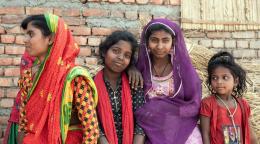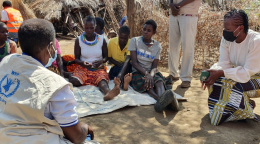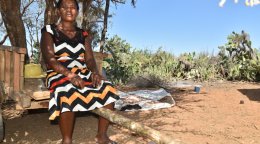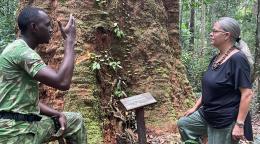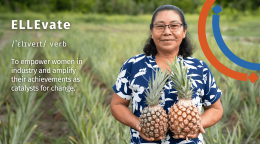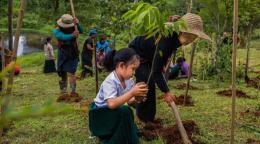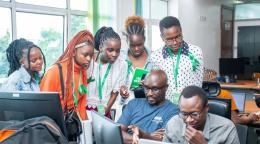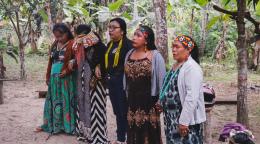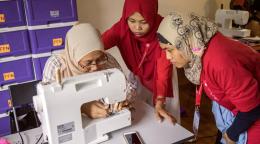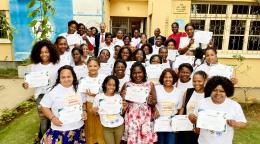Kenya’s Digital Leap for a Fairer Future
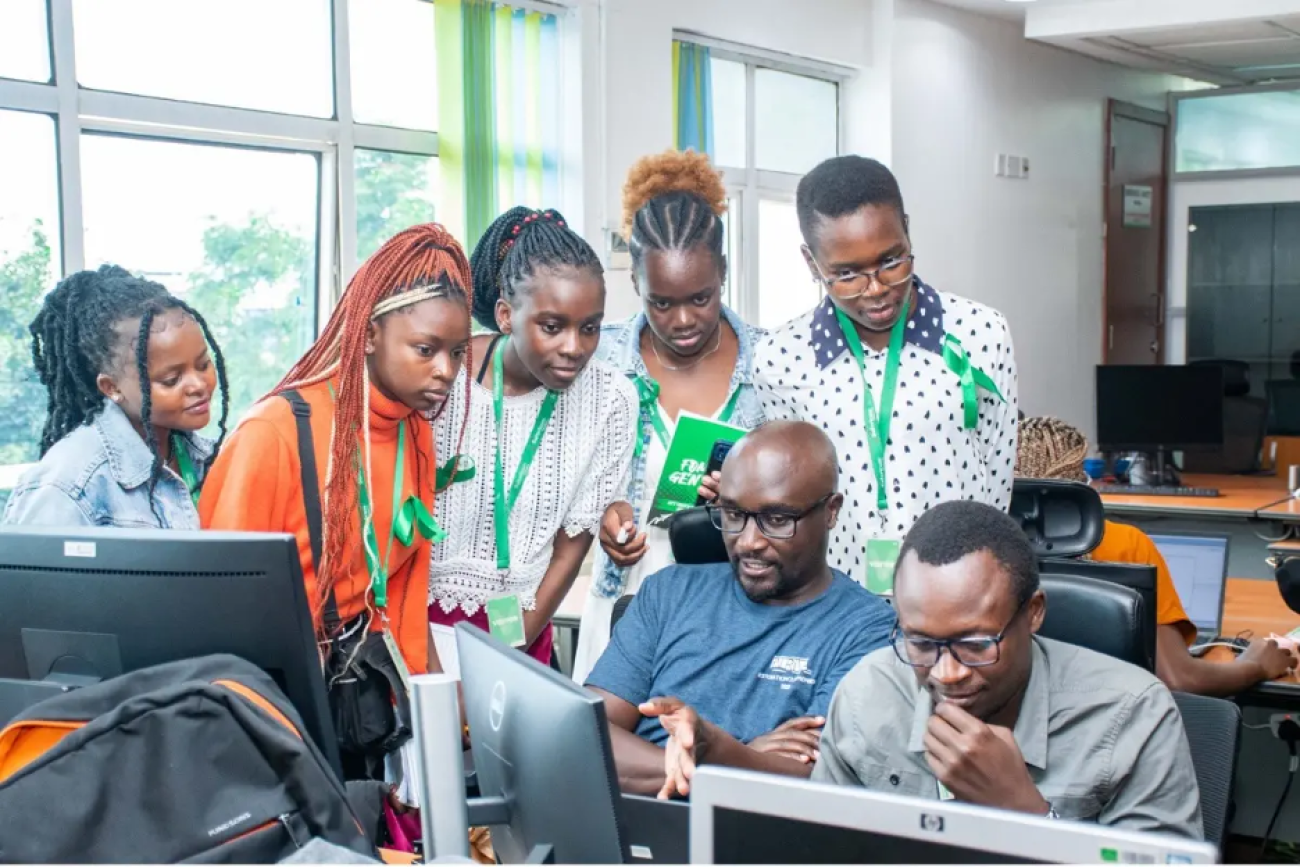
Kenya is quickly emerging as one of Africa’s digital frontrunners, with technology driving innovation, service delivery, and economic growth across the country. As of 2024, an estimated 40 per cent of Kenyans are connected to the internet. With growing 4G and 5G infrastructure, greater access to smartphones and mobile broadband internet, Kenya is making significant strides. From a thriving mobile money ecosystem to increasing efforts to digitize public services, Kenya’s push for inclusive digital transformation offers useful lessons for the region and the world at large.
Yet, gaps remain—particularly in rural areas and among women and youth—threatening to leave segments of society behind. Against this backdrop, the Joint SDG Fund sat down with Stephen Jackson, UN Resident Coordinator in Kenya, to explore how the UN is working with the Government of Kenya and partners to foster an inclusive, resilient digital ecosystem through initiatives like DigiKen- Digital Platforms Kenya. With the upcoming Fourth International Conference on Financing for Development (FfD4), RC Jackson makes the case for greater investment in inclusive digital transformation and sustainable development.
Q: Why is catalytic financing for digital transformation important—both globally and in Kenya?
RC Stephen Jackson: In an increasingly interconnected world, digital transformation is crucial for achieving global goals like ending poverty and improving education. However, many developing countries face unequal access to digital tools, with women, youth, and marginalized communities often left behind and "left offline”.
Kenya recognized this issue early and adopted a comprehensive approach to digital transformation. Instead of fragmented initiatives, the country focused on building an inclusive digital system that ensures participation from all backgrounds and strengthens the public sector's ability to govern digital tools responsibly
To bolster this vision, UN Kenya partnered with the Kenyan Government to launch ‘DigiKen- Digital Platforms Kenya’. This programme brings together government, businesses, and local communities to co-create a digital future that is inclusive, resilient, smart, and fair addressing the critical need for equitable financing, sound public governance, and grassroots empowerment.
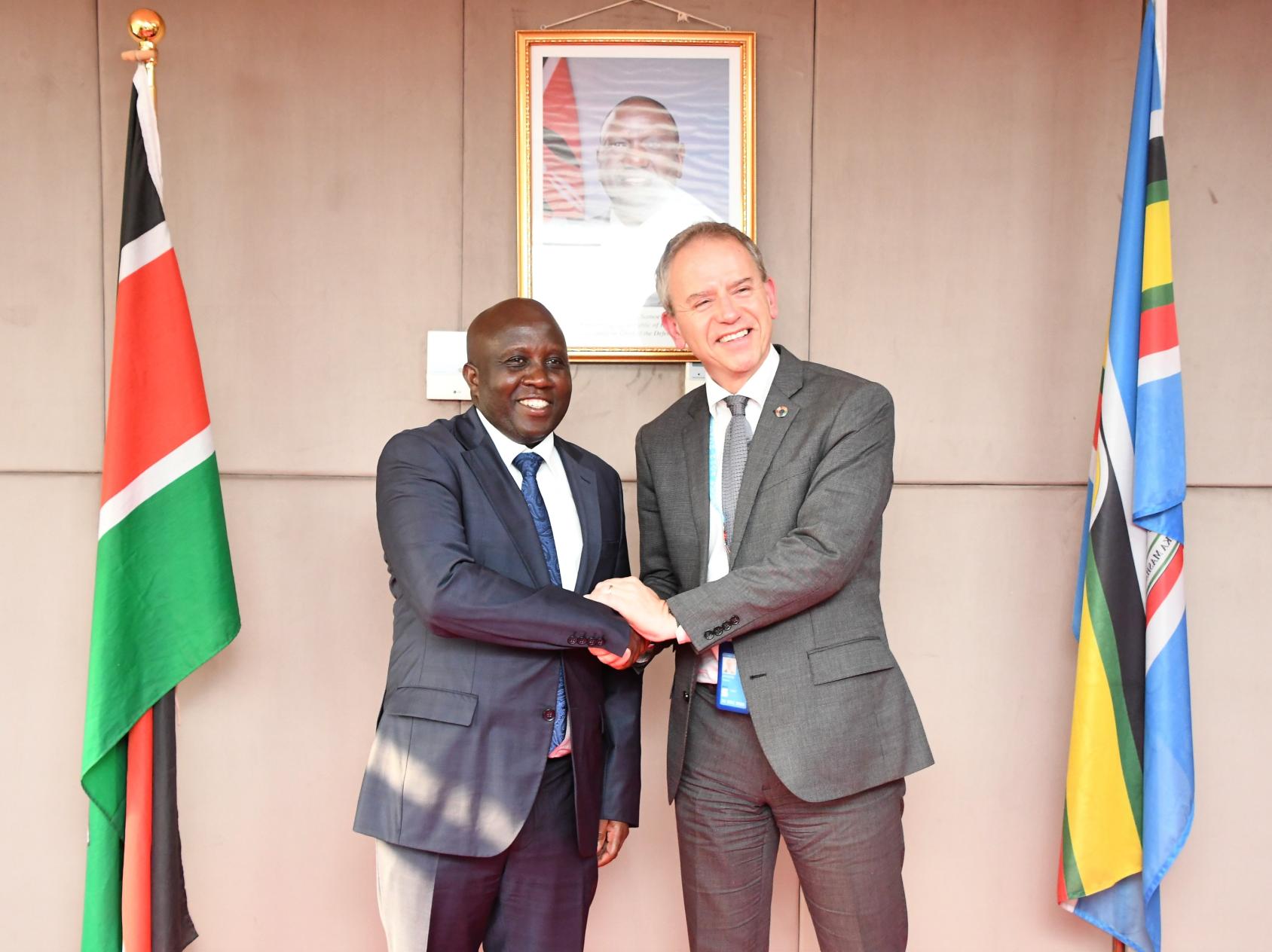
Q: How does this initiative work in practice?
RC Stephen Jackson: DigiKen operates through a multi-stakeholder partnership model that builds on existing digital transformation initiatives led by Kenya. This collaborative framework includes the Kenyan government, the United Nations, European partners, universities and local businesses. A key pillar of the programme is the strategic collaboration between the University of Oxford and the Kenya School of Government. These partnerships ensure that capacity-building efforts are informed by global good practices while remaining grounded in local realities.
The programme supports many different groups.
Firstly, Small businesses. DigiKen is supporting 150 micro, small, and medium-sized enterprises (MSMEs), with a focus on those led by women and young people. In addition to financial assistance, these businesses benefit from training, technical support, mentorship, and access to networks that help them grow and scale their digital solutions.
Secondly, the Government. 20,000 public officials will be trained through an online course jointly developed by the University of Oxford, the Kenya School of Government, and the Ministry of Information, Communication and the Digital Economy. This large-scale initiative aims to embed digital transformation within governance structures, fostering institutional resilience that extends beyond political transitions. The course includes key modules on artificial intelligence ethics, the digital economy, data governance, digital rights, and sustainable innovation—equipping public officials with the tools to manage Kenya’s growing digital platforms in a rights-based and forward-looking manner.
Thirdly, local communities. DigiKen is strengthening 15 Digital Innovation Hubs in 11 counties. These hubs serve as local access points for digital skills training especially women, youth, and people in rural areas. They also pilot innovative solutions, such as enabling farmers to market their produce online or giving small traders access to digital banking.
Q. Building on this, how is DigiKen impacting communities on the ground and what are we learning from it?
RC Stephen Jackson: Since it started in October 2024, DigiKen has made strong partnerships and identified 15 locations across Kenya to bolster Digital Innovation Hubs. These hubs are already helping people learn and grow in the digital world.
By looking at the needs of communities comprehensively, DigiKen is developing training curricula for Digital Innovation Hubs, ensuring that the programme is useful and practical to the local context and for the beneficiaries. It has also worked with banks to create new ways to support small digital businesses.
The online course for public officials is a significant investment in building digital capacity, equipping them with the skills needed to drive sustainable, long-term change in Kenya.
Some important lessons have come from this work. Firstly, collaboration drives impact. When the government, the UN, educational institutions, and businesses come together, they can achieve far more than when working in silos.
Further, local leadership matters. Kenya’s strong commitment to digital transformation has been a key driver of the programme’s success. And, inclusion is essential. DigiKen proves that digital transformation can be inclusive, ensuring that technology empowers all members of society, not just a select few.
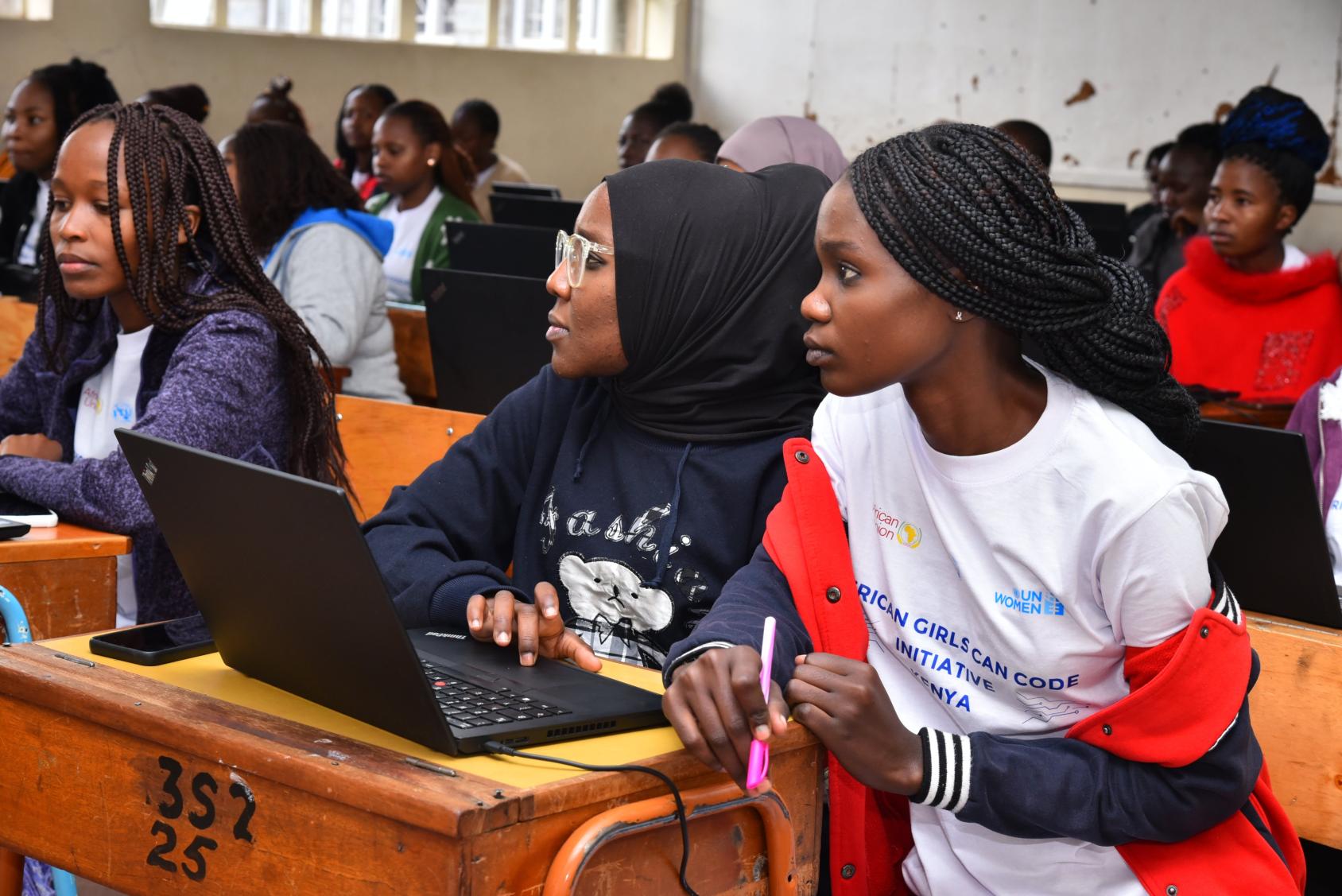
Q. Finally, what message does this send to the global community ahead of FfD4?
RC Stephen Jackson: DigiKen demonstrates that strategic investment and collaboration can drive transformative change. This model of integrated support for small businesses, public institutions, and communities offers a replicable blueprint for other nations. Above all, DigiKen shows that when we invest in both people and technology, we lay the foundation for a more equitable and resilient future for all.
For more information about the UN's work in Kenya, visit kenya.un.org.
All joint programmes of the Joint SDG Fund are led by UN Resident Coordinators and implemented by the agencies, funds and programmes of the United Nations development system. With sincere appreciation for the contributions from the European Union and Governments of Belgium, Denmark, Germany, Ireland, Italy, Luxembourg, Monaco, The Netherlands, Norway, Poland, Portugal, Republic of Korea, Saudi Arabia, Spain, Sweden, Switzerland for a transformative movement towards achieving the SDGs by 2030.




